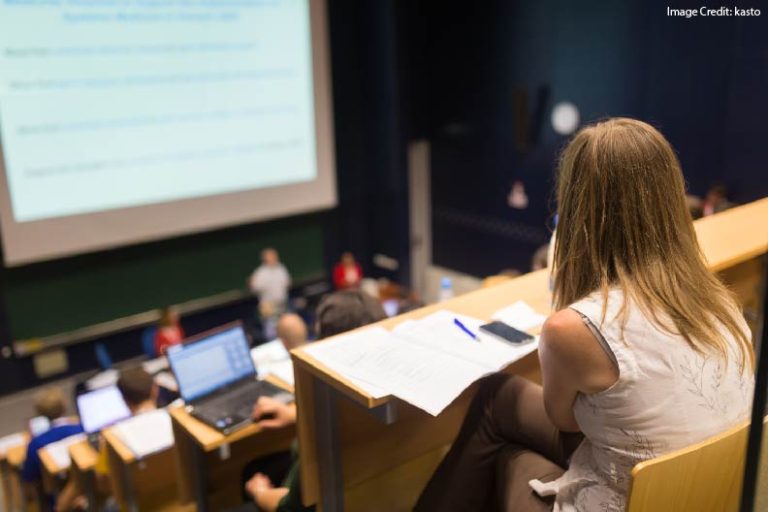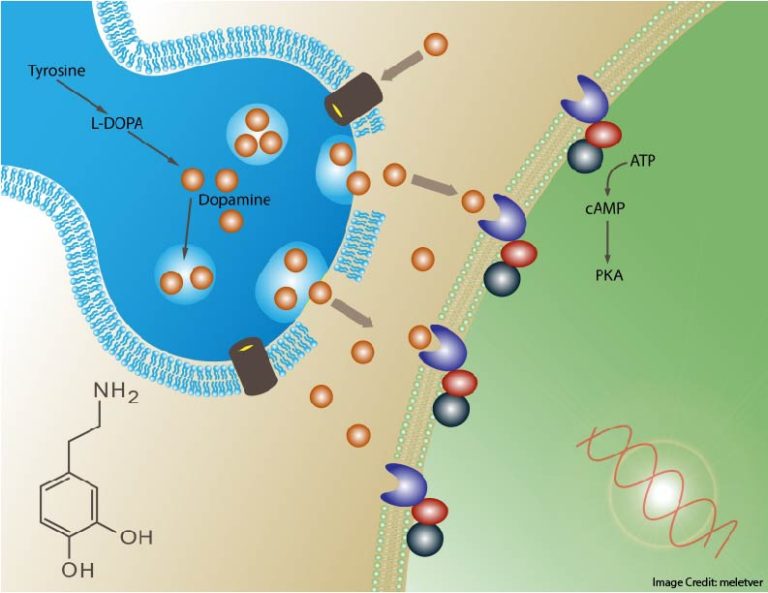Tags
ADHD adolescence attention autism book review boundary conditions classroom advice conference speakers constructivism/direct instruction creativity desirable difficulty development dual coding elementary school embodied cognition emotion evolution executive function exercise experts and novices gender high school homework intelligence long-term memory math methodology middle school mindfulness Mindset motivation neuromyths neuroscience online learning parents psychology reading retrieval practice self-control skepticism sleep STEM stress technology working memoryRecent Comments
- The Power Of Meta-Learning For College Students - The Techs Storm on Meta-Learning: The Importance of Thinking about Thinking
- How To Instill A Growth Mindset Early on Parent-Child Interactions: Forming Beliefs About Intelligence
- Incremental Steps with Growth Mindset |Education & Teacher Conferences on Growing Mindsets in Argentina?
- Comic Sans Font: The Most Popular Casual Typeface on Don’t Hate on Comic Sans; It Helps Dyslexic Readers (Asterisk)
- Grit Theory for Personal Development: Succeed with Tenacity on Grit: The Power of Passion and Perseverance by Angela Duckworth
ABOUT THE BLOG

Category Archives: L&B Blog

Conflicting Advice: Mind-Wandering Is Bad, or Just Fine
Some researchers say that mind wandering is “just fine.” Others say that it interferes with comprehension. Which is true? When looking at conflicting findings, focus on the research that best resembles your classroom. In this case, you should probably worry about mind wandering — except under specific circumstances. Continue reading

Just Not a Useful Debate: Learning Styles Theory [Updated]
At one of the first Learning and the Brain conferences I attended, a speaker briefly…

Capture Intergalactic Criminals; Feel the Mental Burn
I’ve posted a good bit recently about the dangers of working memory overload. (For instance:…
Putting Research to Work in the Classroom: Success?
Some study habits have been shown to work in psychology labs. Do they work in college classrooms? A recent study shows that “retrieval practice” clearly helps students learn. The findings on “the spacing effect” are harder to interpret… Continue reading
Posted in L&B Blog
Tagged classroom advice, desirable difficulty, retrieval practice
Leave a comment

A Hidden Adolescent Struggle: Identifying Complex Emotions
Recent research offers a helpful insight into adolescent emotion processing. Children and adults are relatively good at distinguishing among their emotions. They can say “I’m feeling angry, but not sad.” Adolescents, however, have a harder time sorting out their feelings. For them, negative emotions all churn together. Continue reading

The Best Way to Take Notes: More Feisty Debate
When teachers contemplate asking students to take longhand notes, we should think about the level of desirable difficulty this strategy creates. We should also beware the working memory challenges inherent in note-taking, especially on complex material. Continue reading

The Great Homework Debate: Working Memory Disadvantage?
New research into working memory might give teachers fresh perspective in the great homework debate. Well-designed homework might make new words and concepts easier to learn, because the right kind of practice can reduce differences between high- and low-working-memory students. Continue reading

Pro Tips: How To Think Like A Cognitive Scientist
A short, “intensive” college course might seem like a good idea. However, essential cognitive science principles suggest that students will learn less in them. Researchers consistently show that it’s better to spread learning out over time, and that easy learning doesn’t last. Continue reading

Is Dopamine For Motivation or Learning?
Neuroscientists talk a lot about neurotransmitters. These chemicals move from one neuron to another at synapses,…

The Neuroscience of Intelligence: “Slim” Neural Networks
Although “more” often seems better, brains can benefit from “less.” Recent research suggests that higher levels of intelligence result from more efficient networks. These slim neural networks result in better processing. Continue reading
